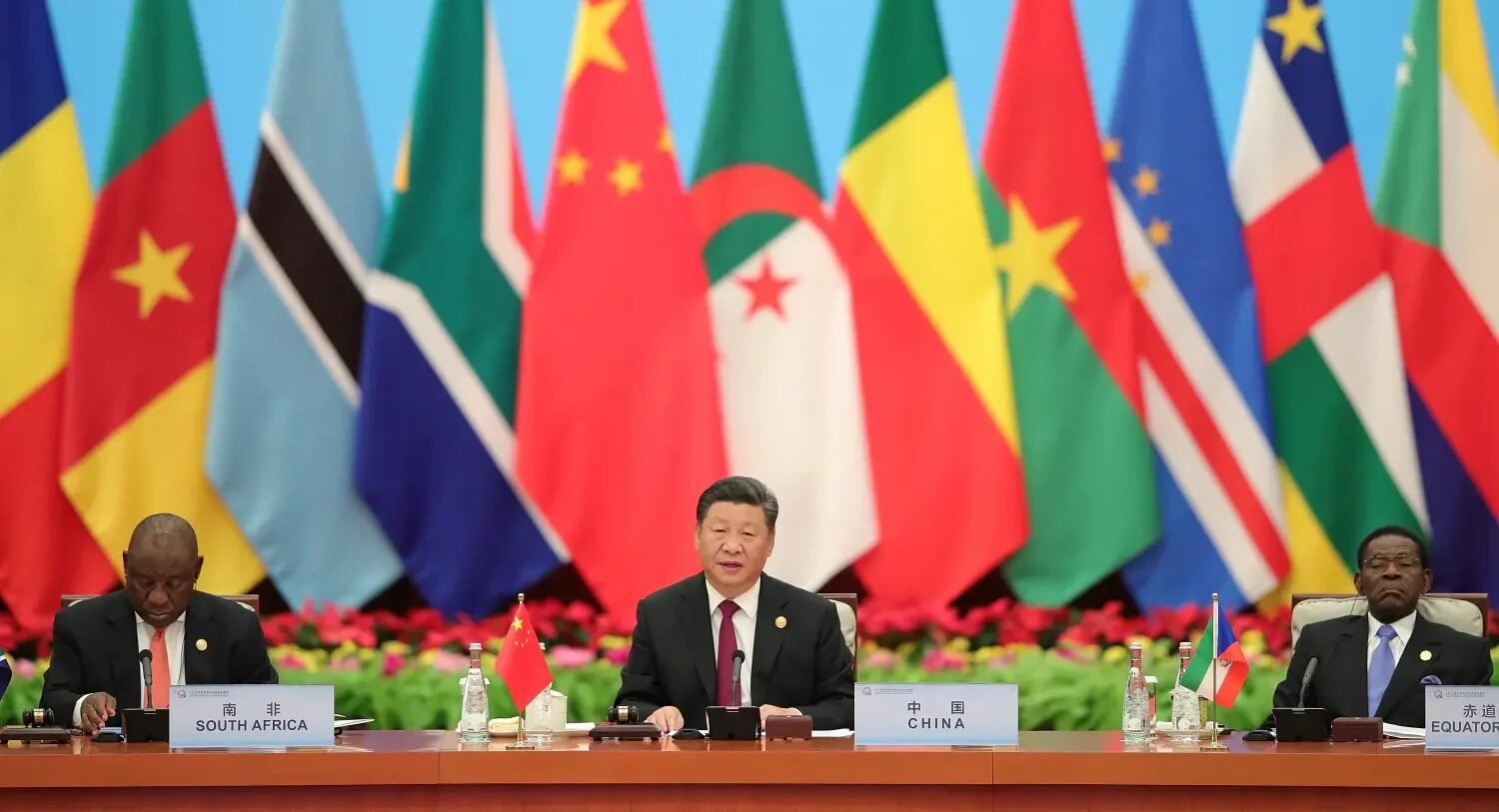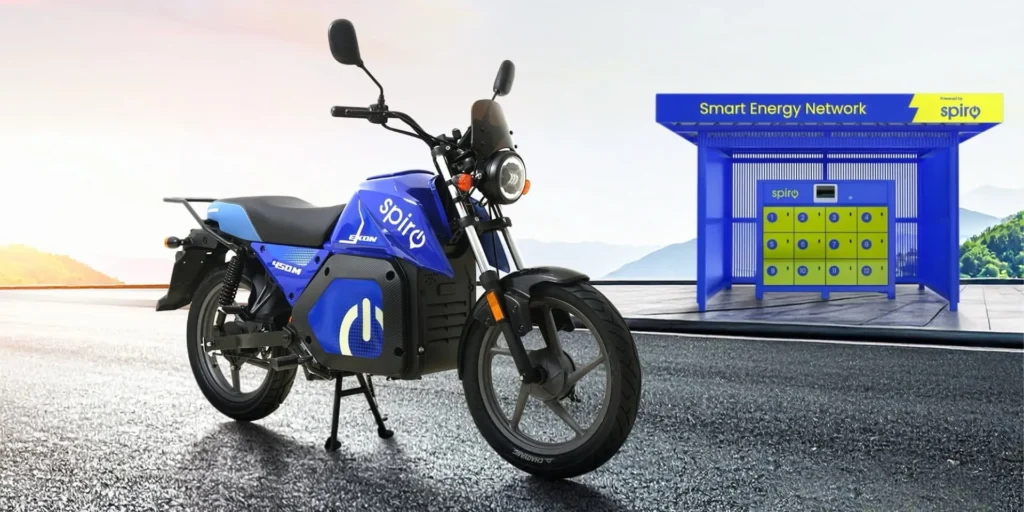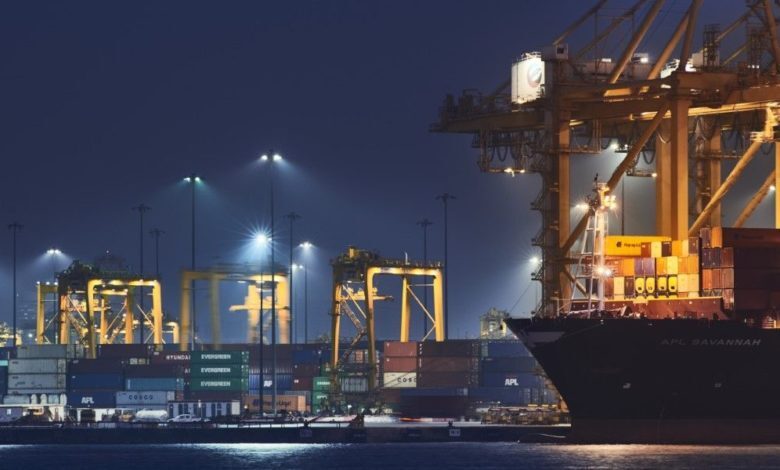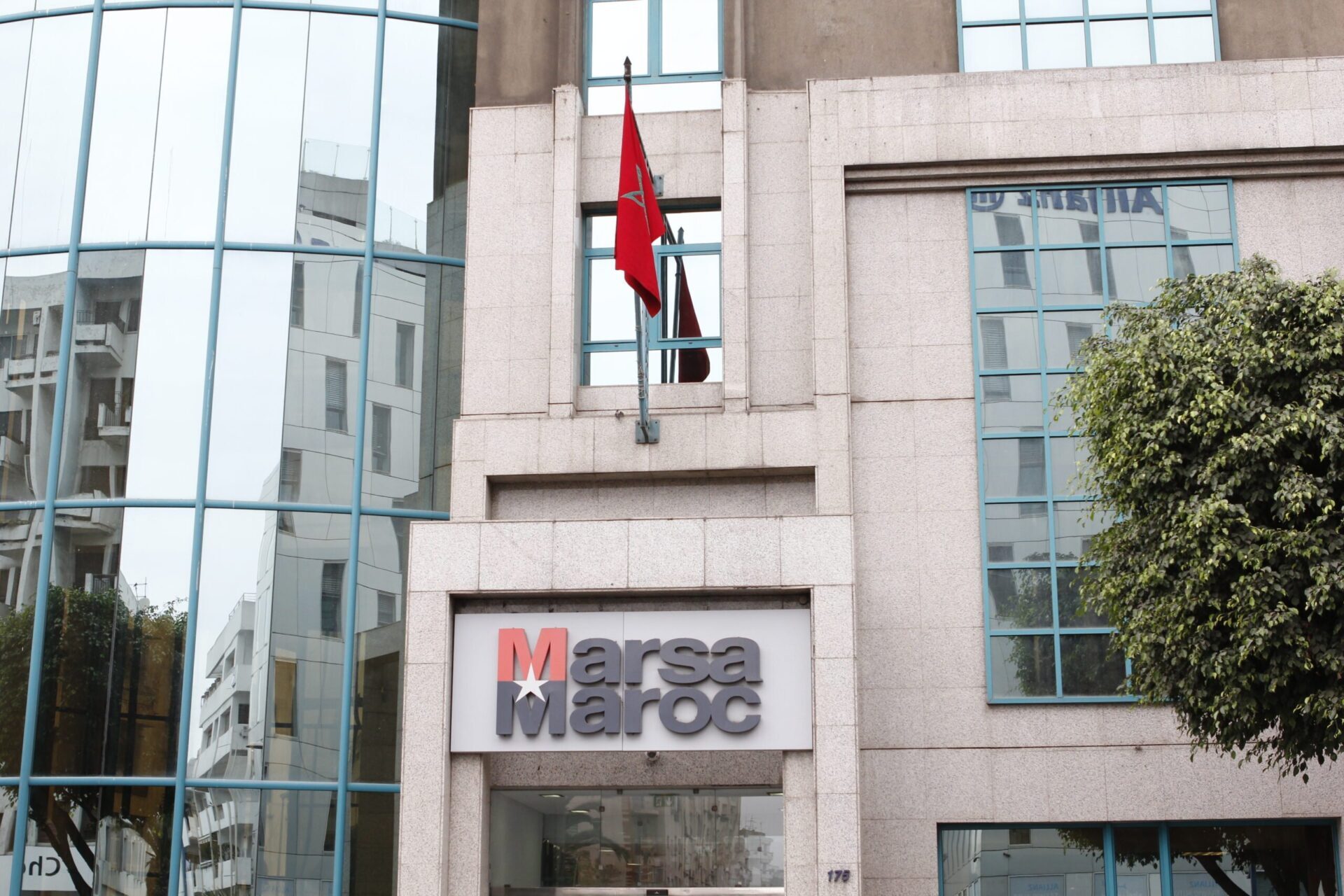
Tuesday 4th November 2025

by inAfrika Newsroom
Africa e-mobility funding has stepped up. Spiro secured $100 million led by Afreximbank’s FEDA to expand electric motorbike production and battery swapping to 3,500 stations. Moreover, the company targets 100,000 bikes on the road by end-2025 across Kenya, Nigeria, Rwanda and Uganda.
The raise follows a year of scale by rivals. BasiGo reports 100 electric buses in Kenya and Rwanda, with a target of 1,000 by 2027 and local assembly at KVM. In addition, Kenya’s Roam has expanded bus and motorcycle lines and ranked among the country’s fastest-growing firms in 2025.
Unit economics are shifting. Battery swapping cuts downtime and fuel costs for boda boda riders and delivery fleets. Consequently, operators can lift daily earnings while cities trim tailpipe emissions and noise. However, capex for stations and power upgrades remains heavy, which keeps financing central to rollout speed.
Why it matters: Africa e-mobility funding directly touches household incomes and fuel import bills. Two- and three-wheelers dominate last-mile logistics; therefore, electrifying them first delivers quick wins on costs and air quality. Moreover, local assembly pulls in jobs and tax receipts that justify incentives.
For Africa, the signal is clear. Public lenders and impact funds are now underwriting charging networks, not only vehicles. In practice, cities will still need tariff design, grid connections and road-use rules. By contrast, weak standards or erratic customs can stall localisation and strand assets.
Next, investors will test scale beyond pilot corridors. Operators must hold uptime above 95%, secure battery supply, and publish safety and recycling metrics. Consequently, those that hit reliability targets can win fleet tenders and bank debt at lower spreads.


